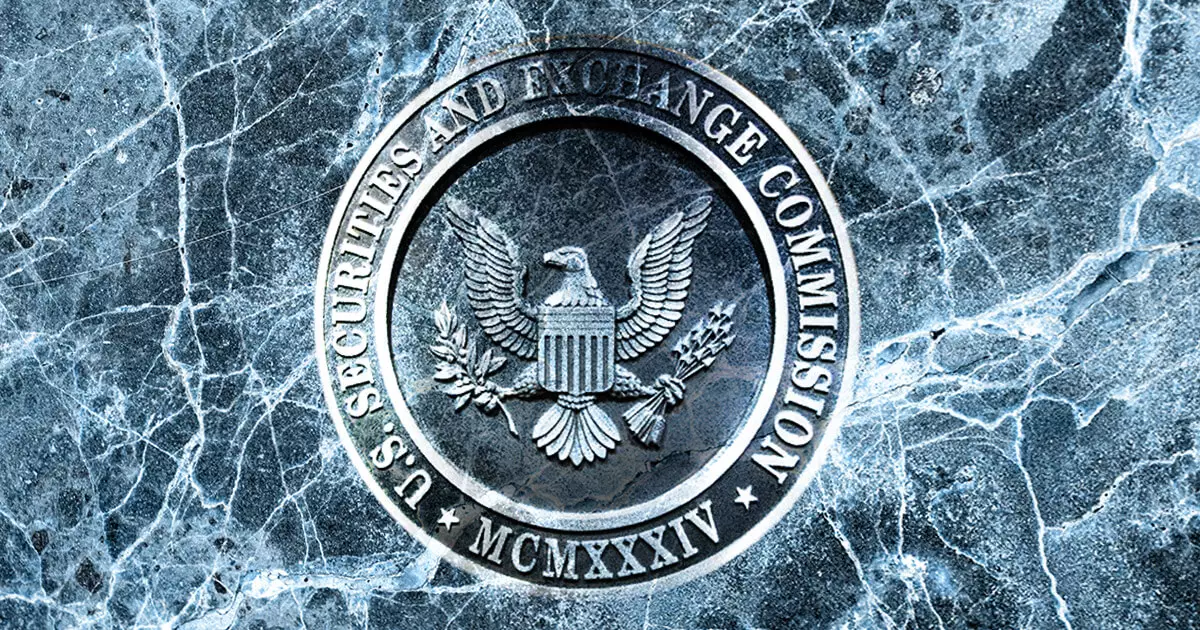US Securities and Exchange Commission (SEC) Commissioner Mark T. Uyeda has recently highlighted the need for specialized S-1 registration forms tailored specifically for digital asset securities. During a speech at the Korea Blockchain Week 2024 event on Sept. 3, Uyeda stressed the importance of updating the SEC’s regulatory tools to accommodate the unique features of digital assets. The S-1 form is a crucial document required by the SEC for US issuers looking to offer new securities to the public. Traditionally, this form includes essential financial disclosures like income and cash flow statements to provide transparency to potential investors. Despite this, Uyeda argued that the current S-1 forms may not adequately capture the specific characteristics and complexities associated with digital asset securities.
Uyeda drew examples from other financial products to illustrate how the SEC has worked with sponsors in the past to create customized registration requirements when standard forms fell short. He proposed that a similar approach could benefit digital asset securities, as they often do not neatly fit into existing regulatory categories. Uyeda expressed concerns that the lack of tailored registration options could burden sponsors of digital asset securities with providing irrelevant or unfeasible disclosures. He urged for a more adaptive regulatory framework that acknowledges the distinct nature of digital assets, which are classified as securities under federal law.
The regulation of digital asset securities remains a contentious topic within the SEC, particularly in light of legal disputes involving major industry players like Ripple and Coinbase. These firms have contested that the SEC lacks clarity on what qualifies as a security in the realm of digital assets, leading to uncertainty and legal battles. They have emphasized the necessity for clear, consistent, and predictable rules from the SEC and other regulators to facilitate innovation while safeguarding investors. This ongoing regulatory uncertainty has been a focal point of debate, with firms advocating for reforms that offer more clarity and support for the digital asset industry.
Uyeda also addressed the broader issue of regulatory uncertainty in the digital asset sector, noting the SEC’s hesitance to take definitive action thus far. He suggested that the agency should consider new legislation or rulemaking to establish clearer guidelines for the industry. Despite the growing importance of digital assets, these issues have not been prioritized on the SEC’s regulatory agenda under Chair Gary Gensler. With his term as commissioner set until June 2028, Uyeda underscored the importance of factoring in international developments, specifically in regions such as the European Union, South Korea, and Japan, when formulating future regulations for digital assets.
The challenges surrounding the regulation of digital asset securities present a complex landscape for the SEC to navigate. The call for specialized S-1 registration forms, the need for an adaptive regulatory framework, concerns regarding regulatory uncertainty and legal disputes, and the necessity for decisive action and international engagement all contribute to the intricacies of regulating this evolving sector. As the digital asset industry continues to expand, it will be imperative for regulators like the SEC to address these challenges proactively and adaptively to foster innovation and protect investors in a rapidly changing financial landscape.














Leave a Reply